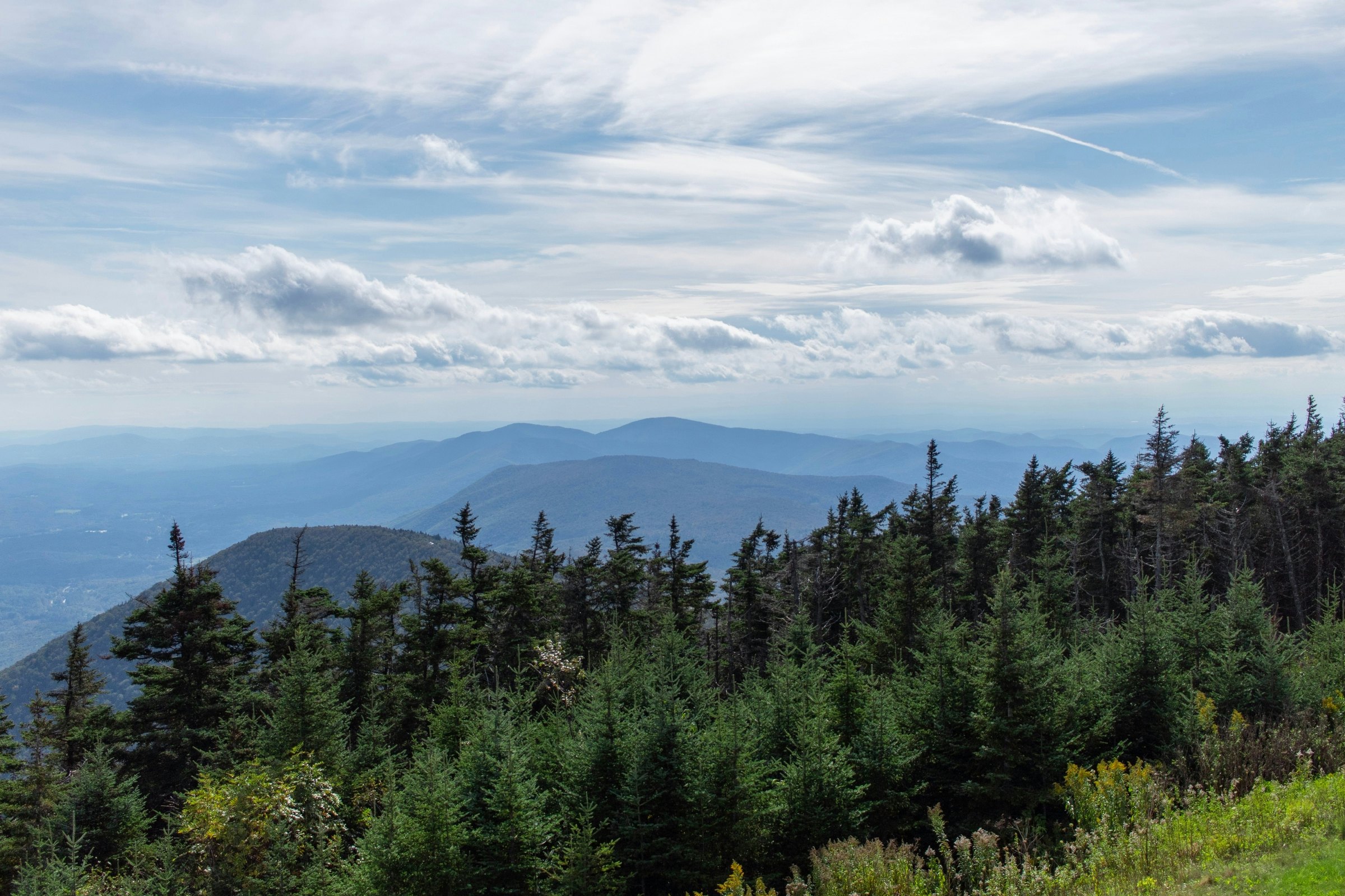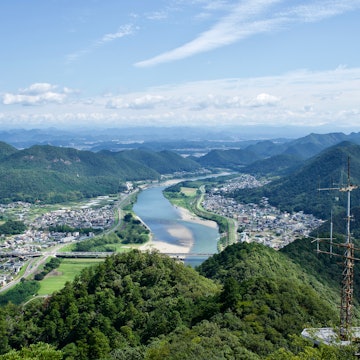
Why carbon offsetting is not going to solve the problem of climate change
Aug 28, 2019 • 5 min read

There has been a fair bit of uproar about Prince Harry and Meghan Markle's high-carbon travel habits recently. They have faced accusations of hypocrisy following their pronouncements about the urgency of climate change and the importance of our individual behaviours.

Much of this ‘outrage’ probably has more to do with prejudices about certain members of the royal family than with genuine environmental concern. However, along with Elton John’s justification for their flights – he bought carbon offsets for them - the story has been helpful in re-kindling a debate about air travel, its contribution to global warming, and what we ought to do about it.
This is a debate close to my heart. Now aged 37, I’ve flown quite a lot over my life. Like many relatively well-off Brits of my generation, I’ve worked abroad and have done my share of backpacking, often clutching a Lonely Planet guide along the way. Yet as I became more aware of flying’s huge and growing impact on the environment during my PhD studies, I became increasingly uncomfortable with air travel. As a vegetarian, cyclist, and someone who tries to consume ethically, my flying didn’t seem to fit alongside my desire to minimise my contribution to climate change.
For a few years I actively cut back on flights, and bought carbon offsets when I did fly. But when last year’s IPCC report suggested the window of opportunity for avoiding irreversible climate change may close in just ten years, something changed for me. Carbon offsetting, which had for a while seemed to be a viable solution to the problem of aviation emission, now seemed increasingly inadequate in terms of time, effectiveness, and ethics.

A plane that flies today emits carbon today. Trees take years to plant, grow and remove carbon dioxide, and time is one thing we don’t have. In terms of effectiveness, a recent EU study found 85% of offset projects studied failed to produce the promised carbon reductions. Ethically, carbon offsets seem a way to avoid taking responsibility for our own behaviour. Many offset schemes have great intentions, but should probably be seen as another form of charity rather than a scientific means of being ‘carbon neutral’. Other charities or campaigns could well be a more effective use of a passengers’ money.
After reading through the IPCC report, I soon signed the Flight Free UK pledge not to fly in 2019, and I recently pledged again for 2020. Changing my flying behaviour, which for most of us easily comprises the largest part of our individual carbon footprint, felt an appropriately ‘dramatic’ response to potential climate breakdown, which would affect the world’s poor - people who will never have the means to fly on a backpacker’s holiday – the hardest. In one sense, quitting flying seems dramatic and radical, a sacrifice. Yet it is, for me and many others, quite banal.
A lot of it depends on geography, viable alternatives to flying, and personal circumstances. The UK, where I live, is relatively well-connected by a range of ferry services, the channel tunnel and, via the Eurostar, to the rest of Europe’s vast train network and beyond. Earlier this year I travelled to China by train for a research fieldtrip, and can attest to the amazing rail infrastructure that exists all across Eurasia.

Yet for people who live in more remote countries like New Zealand or countries with poor rail infrastructure like the United States, I concede that non-flying options may be far more constricted, before we even consider those with family dispersed across the world for whom flying is unavoidable. But in the UK at least there are many flights which likely only take off because of cheap prices stimulating demand. Amazingly, in 2018 more Brits flew abroad than any other nationality with the vast majority of those flights being short-haul leisure trips. The ultimate game must be to change the pricing signals so that flying, the most polluting transport mode per kilometre, is not also the cheapest travel mode per kilometre.
In terms of policies, that means three things. Firstly, building an international consensus to amend the so-called ‘Chicago convention’ which, since the late 1940s has meant that international jet fuel has enjoyed tax-free status. This has enabled very cheap fares and given aviation a huge advantage over alternative modes, meaning that night trains in Europe, for example, are unable to compete on price and many have been cancelled in recent years.
Secondly, it means national governments introducing a Frequent Flyer Levy (FFL) so that those who fly most, pay most. Currently, in the UK just 15% of passengers account for 70% of UK flights. A FFL would ensure that the less well-off can still enjoy a family holiday once a year while the international jetset of CEOs, royalty and pop stars who want to fly frequently pay their way. Thirdly, it means investing the revenues raised from these taxes and levies into high-speed rail and sleeper trains and into boosting research into sustainable fuels for aviation, which have so far been unable to gain traction when competing with cheap and untaxed jet fuel.
In the meantime, I believe we ought to strive to minimise flying wherever possible, rather than just relying on offsets to clear up the mess from our travel. Not only can reducing flying demand actually result in airlines cutting back flights (as has happened in Sweden this year), it can also send a cultural signal to our peers and a political message to politicians that there is an appetite for the brave decisions necessary to properly regulate emissions from aviation.
If Harry and Meghan have shone a light on this topic, then that can only be a positive thing. Rather than simply bash the rich and powerful for their ‘hypocrisy’, we might look at ourselves and realise that, in a global relative sense, those of us with the means to travel internationally are also ‘rich’ and ‘powerful’. With that power must surely come responsibility.
Dr Roger Tyers researches sustainable consumption, carbon offset and taxes in the aviation industry in the University of Southampton.





















